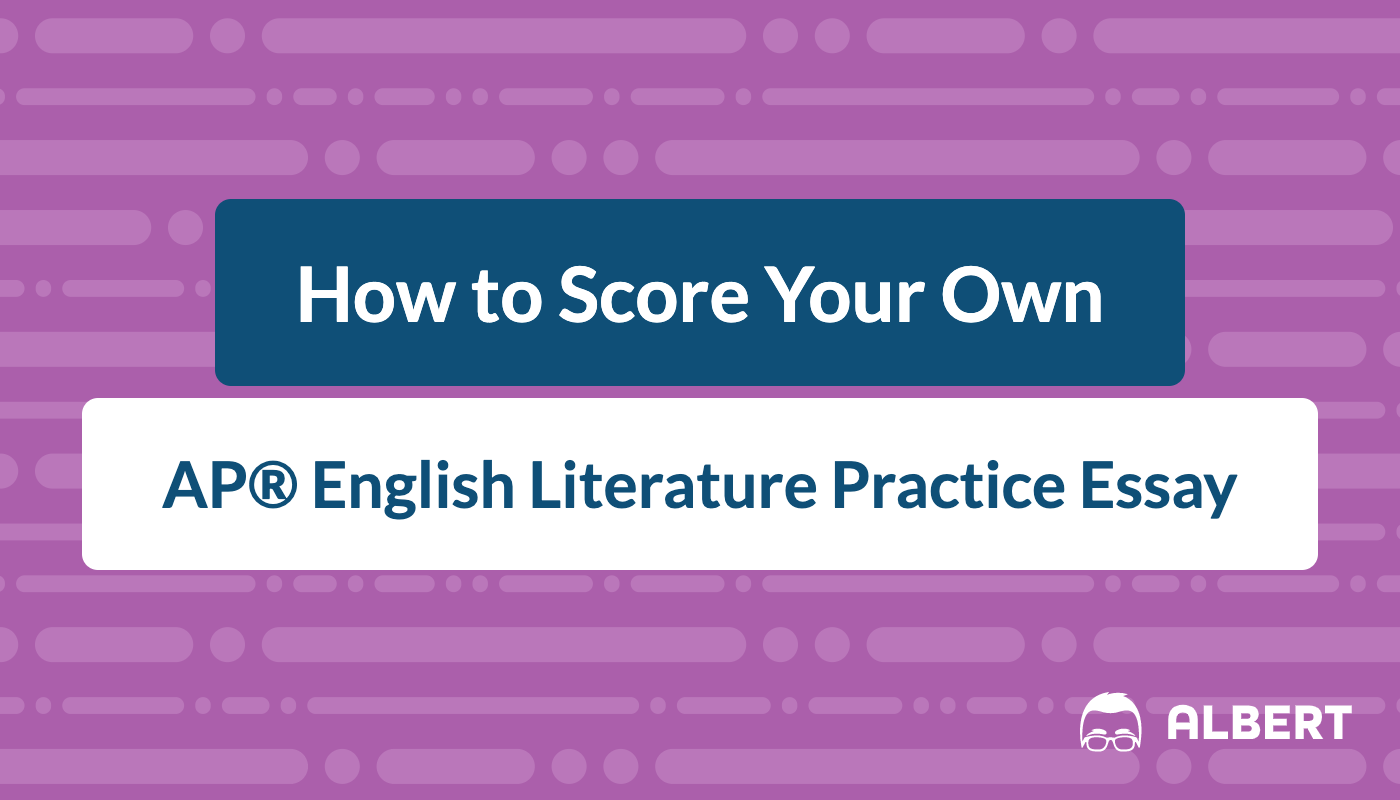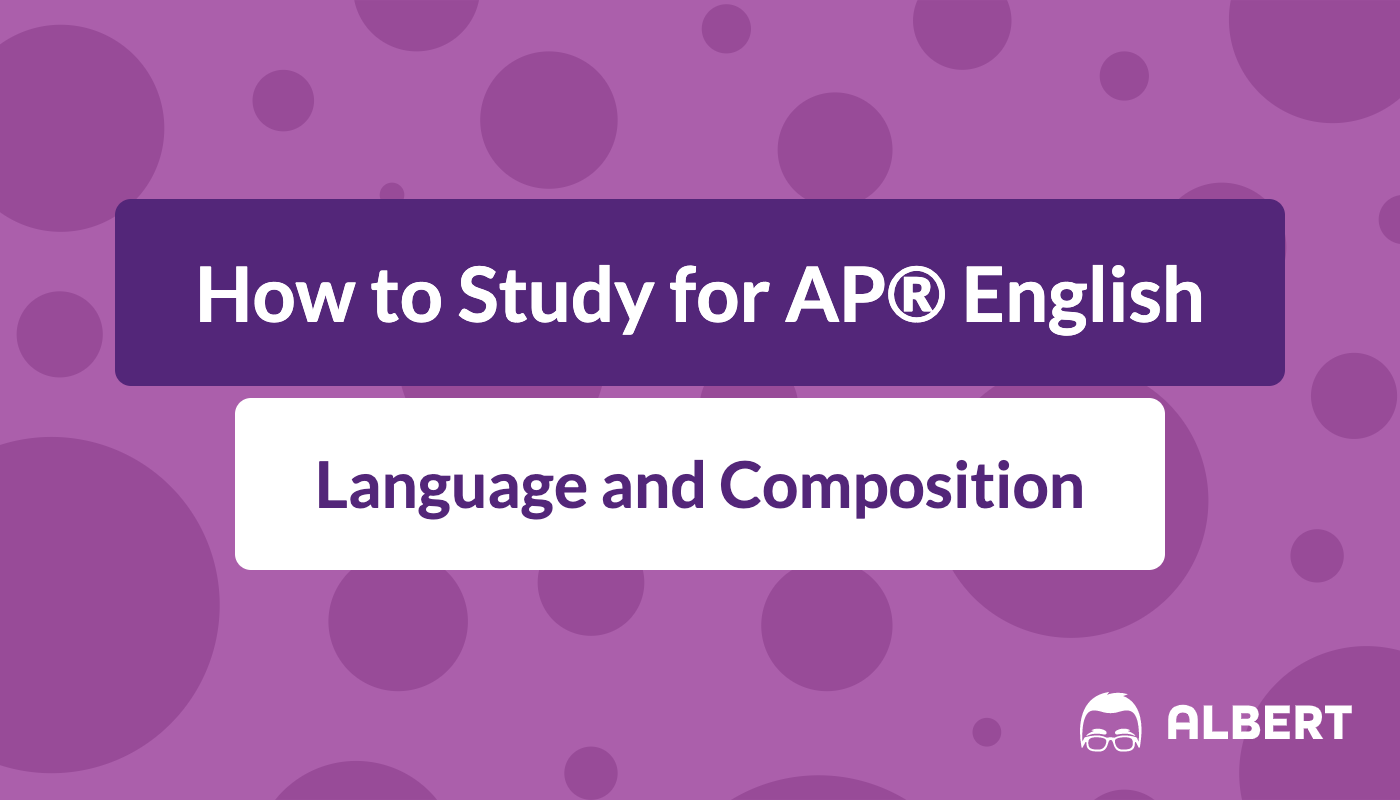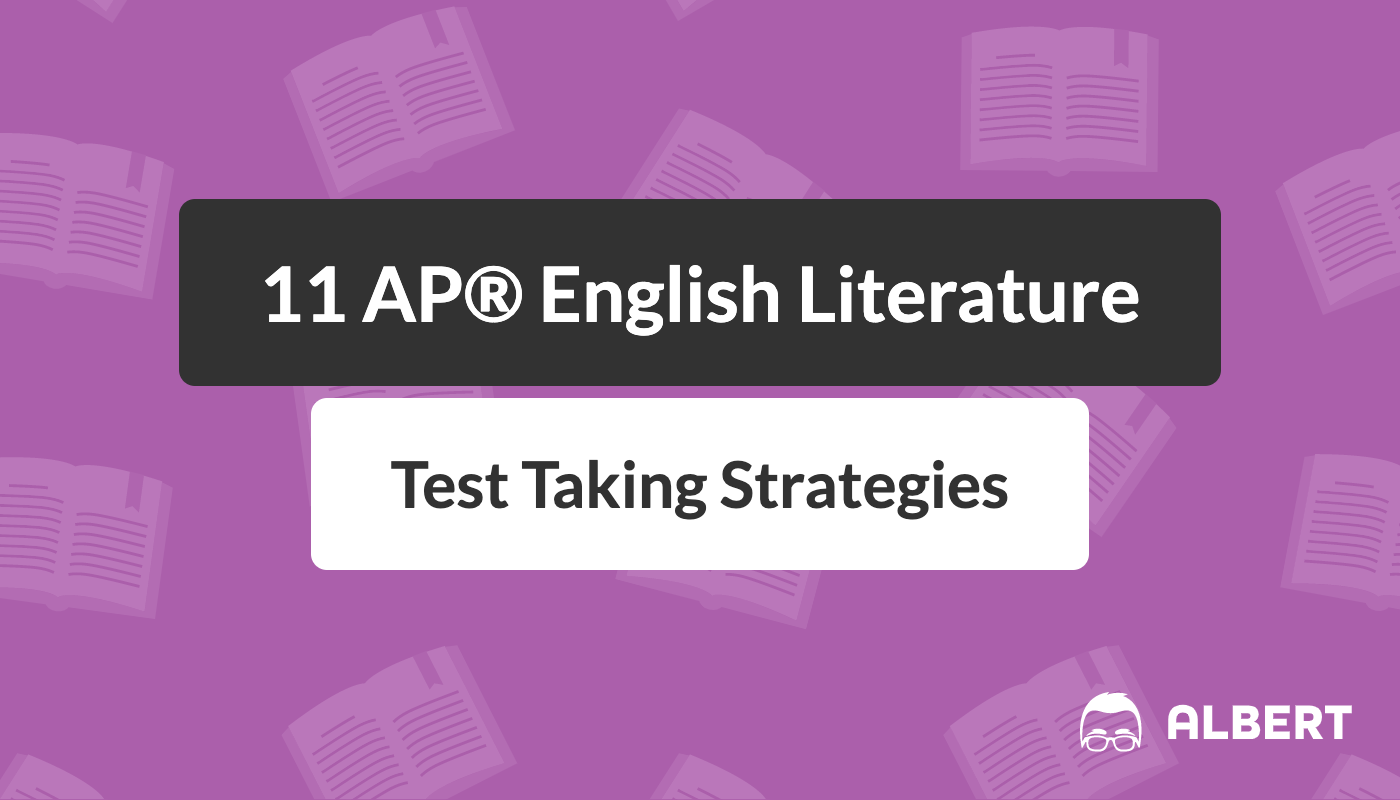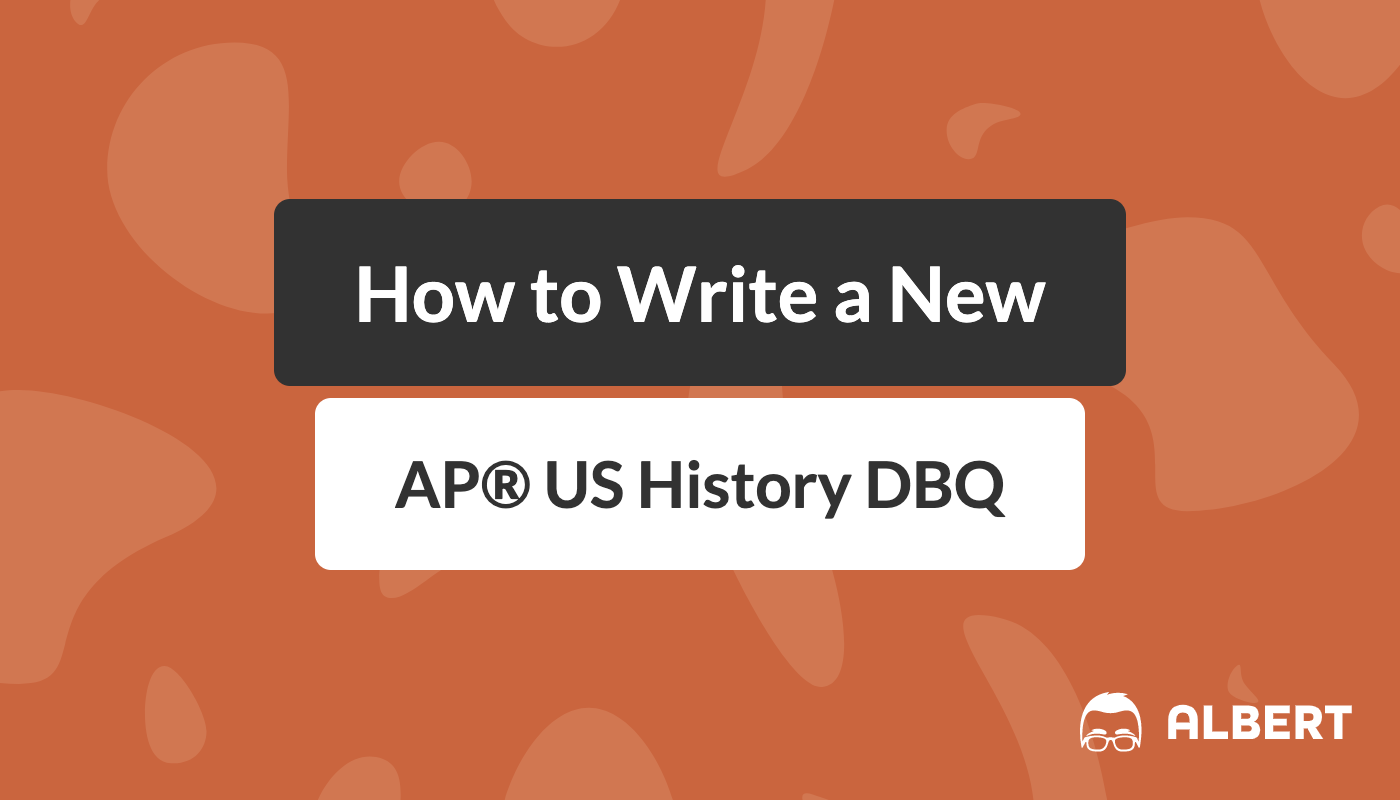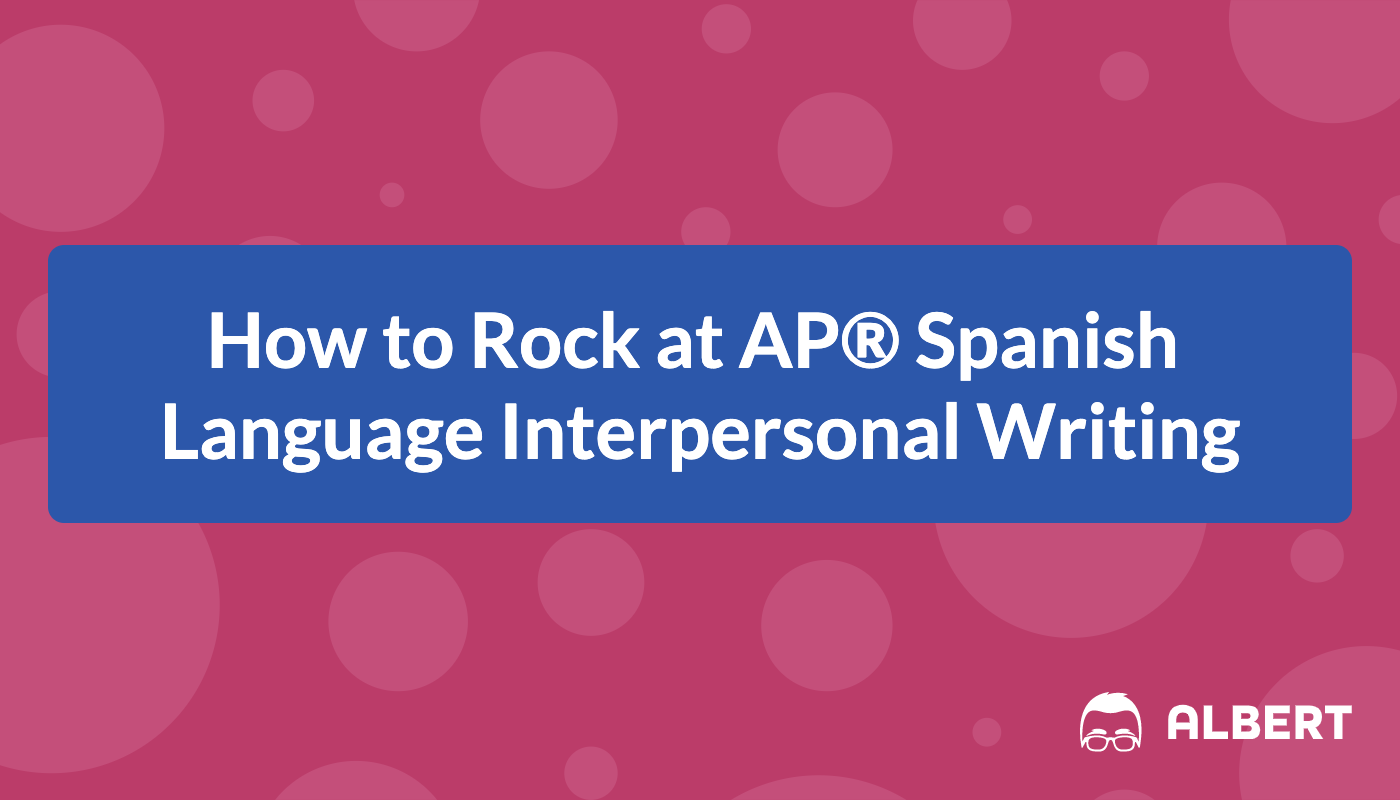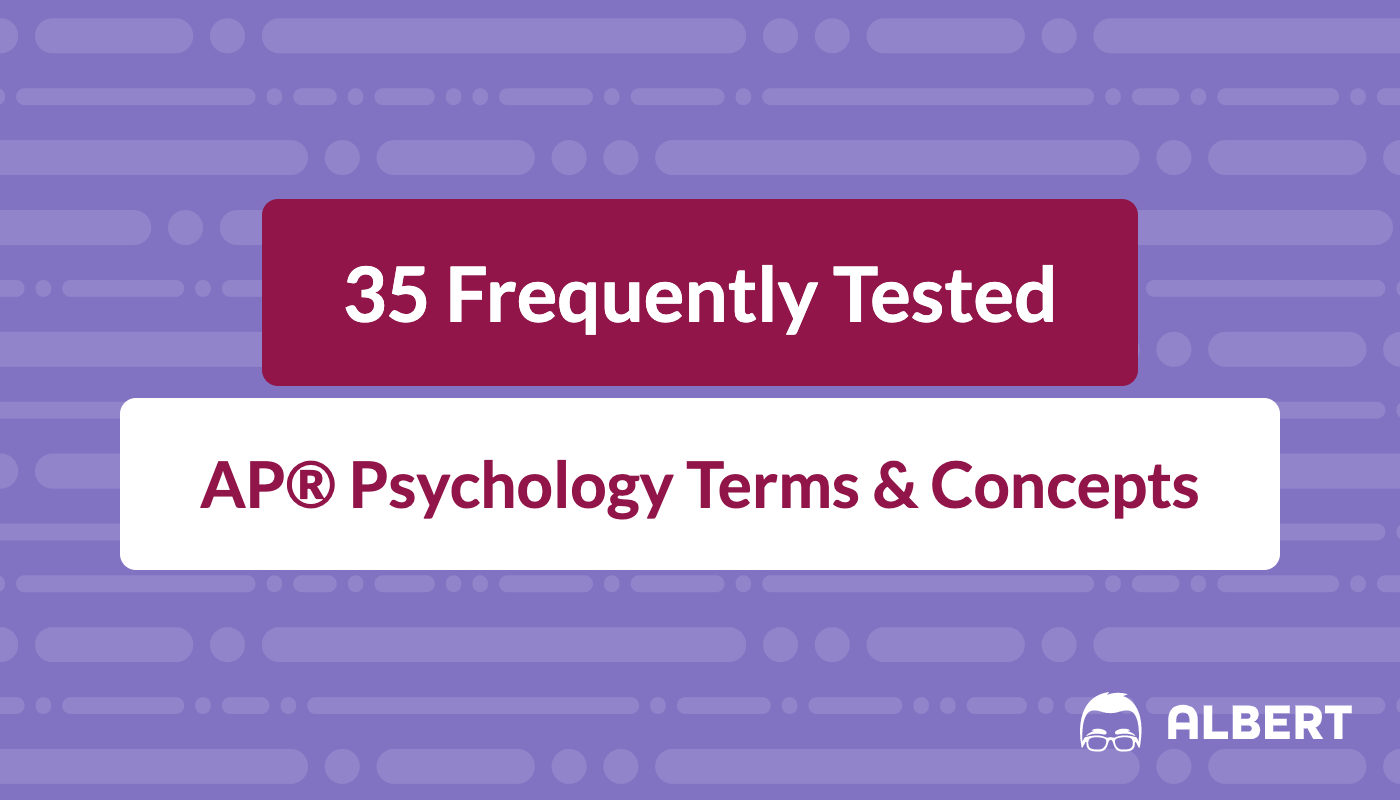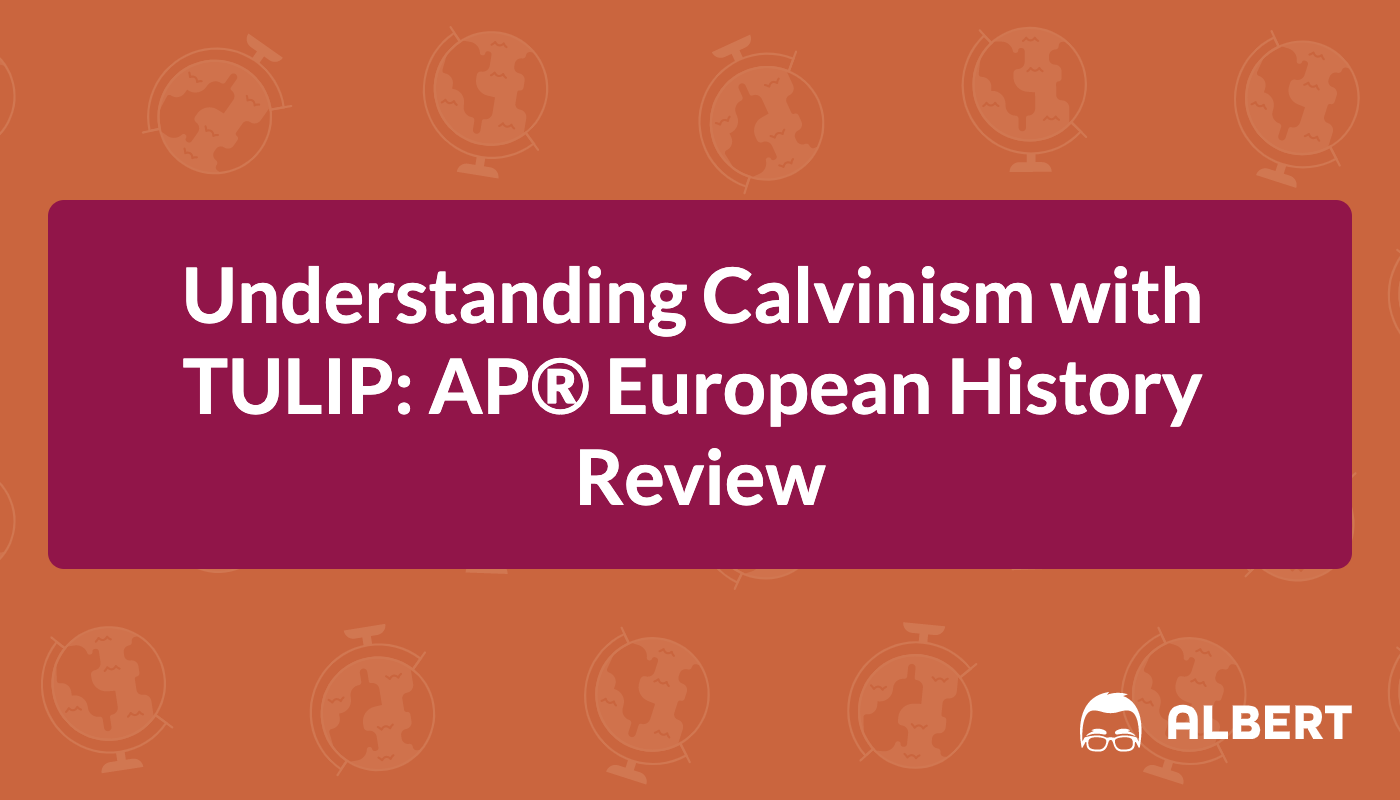For anyone taking an AP® Exam in 2016, it’s important to know the dates of your exams right from the get go. Even if you haven’t started the class or looked at the course material yet, knowing your test date will help you stay on track with your studying, keep you planning ahead, and give you a specific goal to work towards.
The 2016 AP® Exams will be administered over a two-week period in the month of May: May 2 through May 6 and May 9 through May 13. The table below outlines the specific AP® Exams and their test dates.

